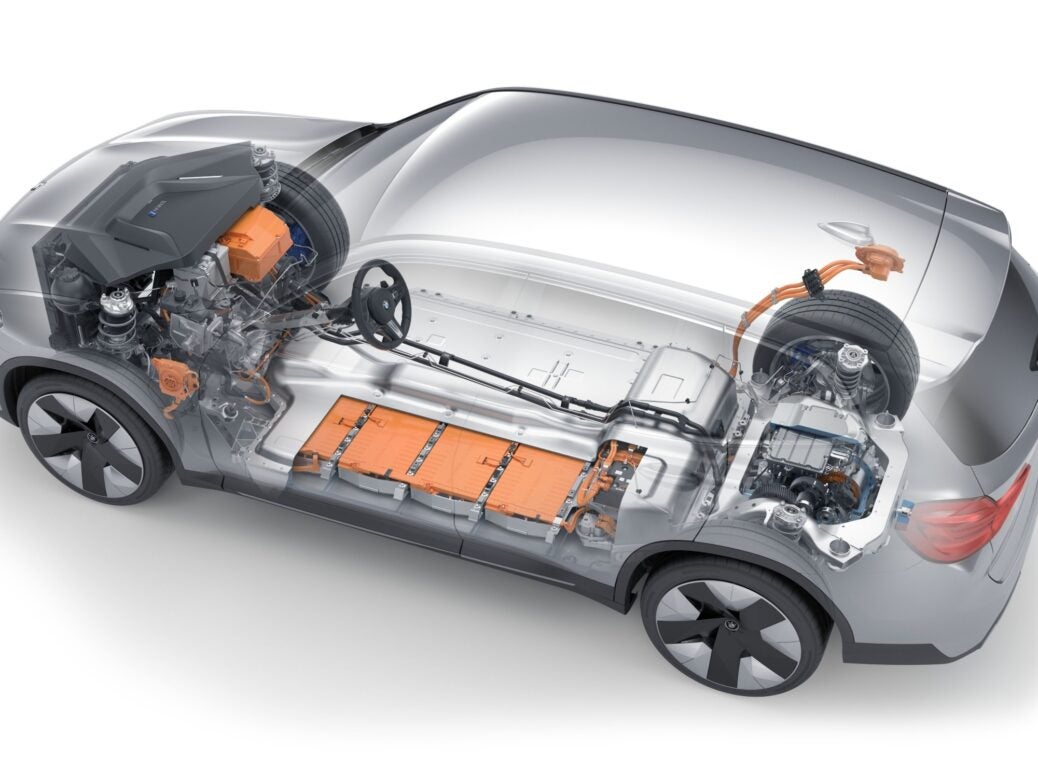
Germany would reduce financial incentives to buy electric cars in 2023 after an agreement within the governing coalition because the vehicles’ growing popularity makes government subsidies unnecessary, the economy ministry has said.
The incentives paid to buyers of electric cars would expire completely once an allocated sum of EUR3.4 billion (US$3.44 billion) from the next two years’ budget is spent, government sources told Reuters. The news was also reported widely by other news agencies.
“E-vehicles are becoming more and more popular and will no longer need government subsidies in the foreseeable future,” economy minister Robert Habeck said in a statement cited by Reuters.
Under the plan, premiums for fully electric-powered vehicles priced below EUR40,000 would fall to EUR4,500 at the beginning of 2023 from EUR6,000 currently, and fall to EUR3,000 the following year.
For cars priced over EUR40,000 the premium would drop to EUR3,000 at the start of next year from EUR5,000 currently.
There is no subsidy for the purchase of cars priced over EUR65,000 and that would apply to vehicles priced at EUR45,000 and over from 2024.
Subsidies for company cars would be eliminated with only private consumers benefiting from the scheme.
The government would also end incentives for plug in hybrid (PHEV) cars at the end of the year which the economy minister had advocated due to doubts over the twin motor vehicles’ climate credentials as they are heavier and the battery powered mode often lasts for only short distances.
“For the forthcoming funding phase, we are placing a clear focus on climate protection and are concentrating funding on purely battery electric vehicles,” Habeck said in the statement cited by Reuters.
The German Cabinet was expected to sign off on a draft climate action budget to provide the funding for the scheme this week.
Sales of all electric cars in Germany almost doubled to 328,000 in 2021 compared to the 2020, thanks in part to the scheme. There are now over 600,000 BEVs on German roads. Including hybrids, there are well over one million.
VW, Mercedes-Benz Benz and BMW have ramped up introduction of new electrified models and are building new plants or ‘transforming’ existing factories to build them while locking in supplies of scarce battery raw materials from abroad.
The share of purely electric cars in new car registrations in Germany recently came in at around 14%, Reuters said.
Volkswagen has the largest market share for electric cars in Germany at 20.3%, followed by Tesla with 11.2% [and a new assembly plant in Berlin], according to the latest figures from motor vehicle authority KBA.
The VDA auto association criticised the planned subsidy cuts, according to the reports.
“In times of rising costs and burdens, the decision to unilaterally and comprehensively cut funding is incomprehensible,” VDA president Hildegard Mueller said in a statement cited by Reuters.
She also slammed the move to exclude company cars from the initiative, saying that “a switch to e-mobility is needed in all fleets”.
Scrappage of the plug-in car grant currently leaves the UK as the only major European market without purchase incentives for private EV buyers.
